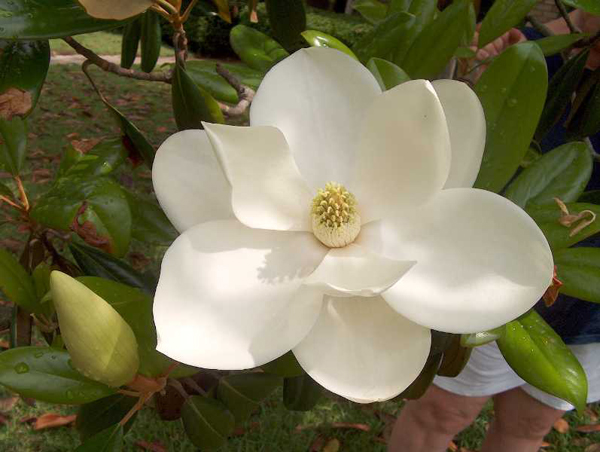- Home
- Medical news & Guidelines
- Anesthesiology
- Cardiology and CTVS
- Critical Care
- Dentistry
- Dermatology
- Diabetes and Endocrinology
- ENT
- Gastroenterology
- Medicine
- Nephrology
- Neurology
- Obstretics-Gynaecology
- Oncology
- Ophthalmology
- Orthopaedics
- Pediatrics-Neonatology
- Psychiatry
- Pulmonology
- Radiology
- Surgery
- Urology
- Laboratory Medicine
- Diet
- Nursing
- Paramedical
- Physiotherapy
- Health news
- Fact Check
- Bone Health Fact Check
- Brain Health Fact Check
- Cancer Related Fact Check
- Child Care Fact Check
- Dental and oral health fact check
- Diabetes and metabolic health fact check
- Diet and Nutrition Fact Check
- Eye and ENT Care Fact Check
- Fitness fact check
- Gut health fact check
- Heart health fact check
- Kidney health fact check
- Medical education fact check
- Men's health fact check
- Respiratory fact check
- Skin and hair care fact check
- Vaccine and Immunization fact check
- Women's health fact check
- AYUSH
- State News
- Andaman and Nicobar Islands
- Andhra Pradesh
- Arunachal Pradesh
- Assam
- Bihar
- Chandigarh
- Chattisgarh
- Dadra and Nagar Haveli
- Daman and Diu
- Delhi
- Goa
- Gujarat
- Haryana
- Himachal Pradesh
- Jammu & Kashmir
- Jharkhand
- Karnataka
- Kerala
- Ladakh
- Lakshadweep
- Madhya Pradesh
- Maharashtra
- Manipur
- Meghalaya
- Mizoram
- Nagaland
- Odisha
- Puducherry
- Punjab
- Rajasthan
- Sikkim
- Tamil Nadu
- Telangana
- Tripura
- Uttar Pradesh
- Uttrakhand
- West Bengal
- Medical Education
- Industry
Ancient Herbal Therapy may protect heart from hypertrophy: Study

Mahesh Gupta, an american scientist of Indian Origin through a study has claimed that ancient herbal therapy can protect the heart from hypertrophy.
Hypertrophy is a thickening of cardiac muscle often caused by chronic high blood pressure that can lead to heart failure.
Gupta, director of the Cardiac Cell Biology Research Program at University of Chicago and study's author, said that they found the natural compound, honokiol, derived from the bark of the magnolia tree activates SIRT3, a protective protein associated with delayed aging, stress resistance and metabolic regulation.
When injected into mice, it reduced the excess growth of individual cardiac muscle cells, decreased ventricular wall thickness and prevented the accumulation of interstitial fibrosis, a stiffening of cardiac muscle cells that reduces their ability to contract. It also protected heart muscle cells from the damage caused by oxidative stress, which can damage DNA.
It even mitigated pre-existing cardiac hypertrophy, he added.
The results, the authors wrote, suggest pharmacological activation of SIRT3 by honokiol could be "a potential therapeutic strategy to prevent adverse cardiac remodeling and other diseases associated with abnormal cellular growth and organ fibrosis."
Gupta said that they were working to design a clinical trial involving patients with cardiac hypertrophy and potentially other metabolic diseases, such as type 2 diabetes.
The study is reported in the online journal Nature Communications.(ANI)
Hypertrophy is a thickening of cardiac muscle often caused by chronic high blood pressure that can lead to heart failure.
Gupta, director of the Cardiac Cell Biology Research Program at University of Chicago and study's author, said that they found the natural compound, honokiol, derived from the bark of the magnolia tree activates SIRT3, a protective protein associated with delayed aging, stress resistance and metabolic regulation.
When injected into mice, it reduced the excess growth of individual cardiac muscle cells, decreased ventricular wall thickness and prevented the accumulation of interstitial fibrosis, a stiffening of cardiac muscle cells that reduces their ability to contract. It also protected heart muscle cells from the damage caused by oxidative stress, which can damage DNA.
It even mitigated pre-existing cardiac hypertrophy, he added.
The results, the authors wrote, suggest pharmacological activation of SIRT3 by honokiol could be "a potential therapeutic strategy to prevent adverse cardiac remodeling and other diseases associated with abnormal cellular growth and organ fibrosis."
Gupta said that they were working to design a clinical trial involving patients with cardiac hypertrophy and potentially other metabolic diseases, such as type 2 diabetes.
The study is reported in the online journal Nature Communications.(ANI)
Meghna A Singhania is the founder and Editor-in-Chief at Medical Dialogues. An Economics graduate from Delhi University and a post graduate from London School of Economics and Political Science, her key research interest lies in health economics, and policy making in health and medical sector in the country. She is a member of the Association of Healthcare Journalists. She can be contacted at meghna@medicaldialogues.in. Contact no. 011-43720751
Next Story


